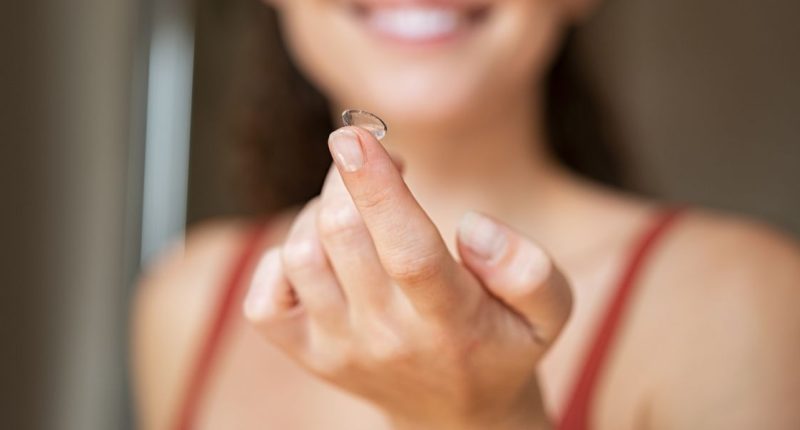Smart contact lenses have the potential to spot early signs of glaucoma, enabling a quick diagnosis of the condition.
Detecting and treating early-stage glaucoma is vital as it can prevent vision loss, but most people are unaware they are living with the condition in the initial stages.
According to the Centers for Disease Control and Prevention, roughly three million individuals in the US have glaucoma – an eye condition where the optic nerve, which connects the eye to the brain, becomes damaged.
Doctors can diagnose glaucoma by identifying a slight increase in eye pressure, however this can be challenging due to the variety of temperatures eyes experience.
- AI-powered eye exams improve screening rates among young people with diabetes
- Human cells grown in artificial eye could transform lives of people with macular degeneration
- Eye health: why diabetes impact eye healing
A subtle increase in eye pressure is caused by a buildup of fluid around the cornea and is a sign of glaucoma.
Scientists have now developed a new “smart” contact lens that accurately measures and wirelessly transmits real-time signals about eye pressure across a wide range of temperatures.
They created two miniature spiral circuits that each have a distinct natural vibration pattern that would change when stretched by minute amounts, for example when there are changes to an eye’s pressure and diameter.
The team sandwiched these tiny circuits between layers of polydimethylsiloxane to develop pressure-detecting contact lenses.
After this, they then wirelessly read the embedded circuits’ vibration patterns by holding a coil near the lens that was connected to a computer.
- Finger-tapping technique can ease anxiety in under 10 minutes
- AI technology skews people’s expectations and encourages riskier decision-making
- Calls for better regulation of medics given senior roles despite not being qualified doctors
During the laboratory tests, the researchers tested the new lenses on three pig specimens. The contact lenses monitored and wirelessly transmitted pressure data from 50 to 122 degrees.
The report states: “When pressures were calculated from the signal of only one circuit in the lens, the results deviated up to 87% from the true values.
However, when information from both circuits was used, the pressure reading differed by only 7% from the true value because the combination removed temperature-related errors.”
To read the study, click here.




